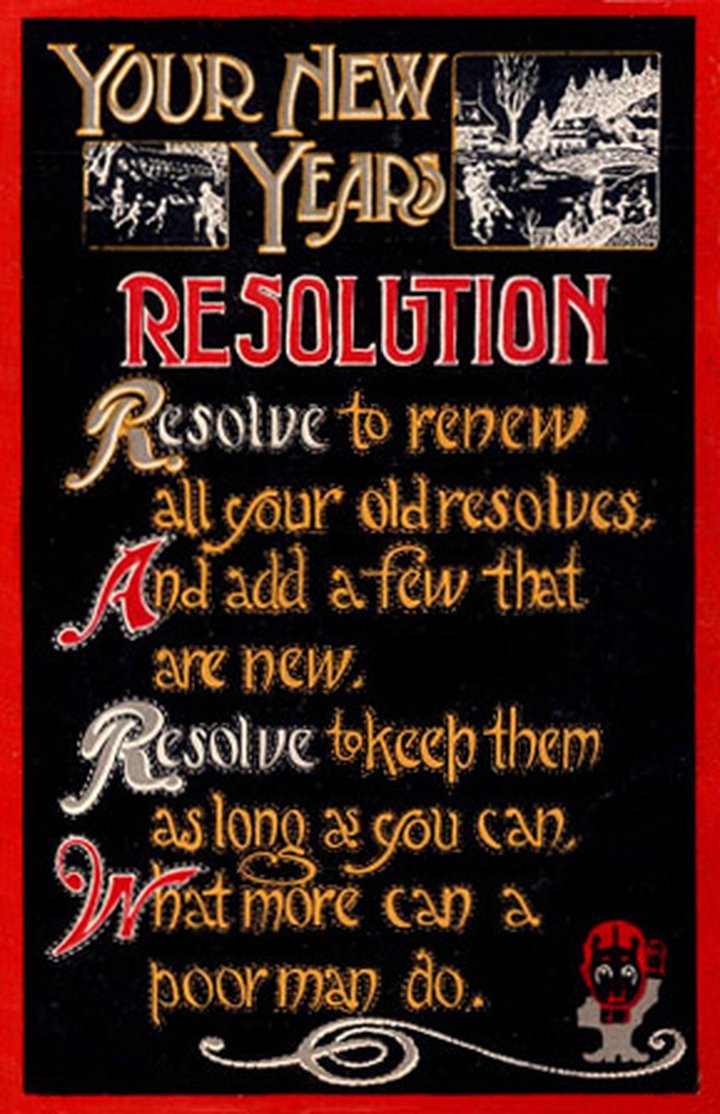“Follow your passion!”
“Find a job you love and you’ll never have to work again.”
“If you don’t have goals, you’ll never get to where you want to go.”
…and on and on. Whether we’re talking money, health, life-partners, education, you-name-it, the American Way is to always Strive for Something Better. Set yourself a goal — a million by the time you’re 30, retire at 40, lose 20 pounds by your birthday, see the pyramids, get your master’s, find your soulmate — and Just Do It. Go for it like your life — or more important, your happiness — depends on it. Never take no for an answer, keep at it day after day until you achieve your goal.
On the off-chance you make your goal — if you’re anything like me — you’ll savor the sweet wine of victory for what, an hour? A day? A week? Maybe. More likely you’ll already have set yourself the next goal, the next million, the next 10 pounds.
No one expressed the futility of pursuing such a life better than psychologist Dan Gilbert in his book Stumbling on Happiness:
“We treat our future selves as though they were our children, spending most of the hours of most of our days constructing tomorrows that we hope will make them happy. (The Scientific American reviewer added, “But the children turn out to be ingrates, complaining that we should have let them stay in the old house or study dentistry instead of law.”)
So that’s one problem with goal-setting, that once achieved, your goal won’t bring the happiness you anticipated. Or the happiness it does bring is fleeting and ephemeral.
Another problem is that winners and losers start with the same goals, but only one comes out on top. Of the 32 teams in the NFL, 31 will have “failed,” miserably wondering why their goal-setting technique wasn’t as powerful as the winner’s. Year after year.
Then there’s the yo-yo effect, well known to any dieter. (See GOU for 10/21/18) You lose weight via a regime that brings no joy other than the daily scales-check; you achieve your weight-loss goal (maybe); and go back to the old habits. Two-thirds of dieters end up heavier than when they started. (Seven-times married Liz Taylor shows that the yo-yo effect applies to more than diets.)
Is there a positive takeaway from all this doom and gloom? Hey, it’s a New Year, you didn’t think I was going to leave you high and dry, did you? My experience is that luck plays a far greater role in happiness than any other factor. Meaning that failure isn’t all bad (“Fail Big. Fail Early.” says Elon Musk). So get past a failed enterprise/marriage/fitness regime and you’re still available for fortune’s favor.
And
if you’re still bent on making resolutions:
- Set system goals, rather than absolute goals: “I’ll cut out sodas” versus “I’ll lose 10 pounds by the end of the month.” (As 49ers coach Bill Walsh says, “The score takes care of itself.”)
- Set small, achievable goals rather than pie-in-the-sky fantasies
- Whatever your past history…that was then, this is now
- If it doesn’t work, do something different. And finally…
- ¡No te preocupas! It’s all probably a simulation anyway.

CLICK TO MANAGE